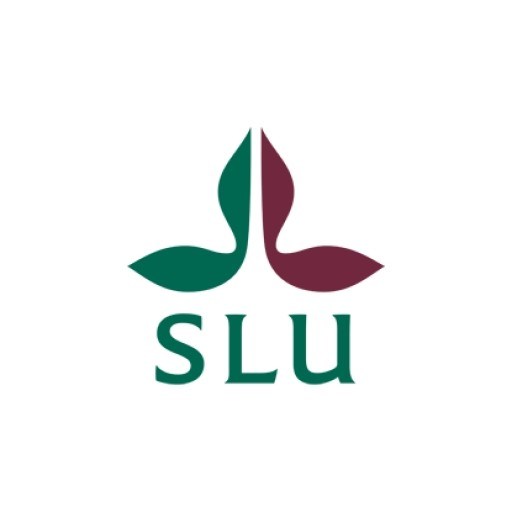Photos of university / #slu.student
Why is wildlife important to human life? How do we handle depleted populations? Become a student and help solve the problem!
The programme covers different aspects of the management and conservation of fish and wildlife, including scientific theory and methods, as well as relevant laws and conventions at the international level. It includes obligatory courses, a Masters thesis and elective courses.
The programme targets both Swedish and international students, including students from developing countries. It is offered by the Department of Wildlife, Fish and Environmental Studies, where approximately 55 researchers and PhD students actively conduct research in the fields of fish and wildlife management, biological conservation, and aquaculture.
Future
Do you want to contribute to the sustainable management of the worlds fish and wildlife resources? The programme will prepare you for a career in organizations requiring knowledge about the management and conservation of fish and wildlife populations.
Examples of potential employers are local, regional and national governmental agencies responsible for natural resource management, environmental non-governmental organizations dealing with conservation issues at the national or international level, hunters or fishermen associations, landowner associations, private companies active in natural resource management (e.g. forestry and hydropower companies), and nature tourism enterprises. The programme can also be regarded as a first step in a research career, leading to PhD studies and work within universities and research institutes on diverse research topics related to fish and wildlife.
The programmes first year consists of four coordinated courses: Fish and Wildlife Census Techniques, Applied Population Ecology, Human Dimensions of Fish and Wildlife Management, and Fish and Wildlife Management. During the second year, the student gets the opportunity to deepen his or her knowledge within a specific research area by writing an individual Masters thesis (30 or 60 credits (ECTS) project work).
Time is also set aside for elective courses, for example in Conservation Biology and Statistics. Teaching activities are diverse and include lectures, exercises, project works, literature studies, seminars and field excursions. In addition to the Departments teaching personnel, practitioners in the field of fish and wildlife management are involved in the courses at different steps. All courses are given in English and taken one at a time. Admission to the programme means that the student is guaranteed a place on all programme courses provided that the courses are followed and passed.
Qualification Awarded
Degree of Master of Science (120 cr) with a major in Biology.
Want to improve your English level for admission?
Prepare for the program requirements with English Online by the British Council.
- ✔️ Flexible study schedule
- ✔️ Experienced teachers
- ✔️ Certificate upon completion
📘 Recommended for students with an IELTS level of 6.0 or below.
Scholarships
Scholarships are available for fee-paying students admitted to Master's programmes. The scholarships are granted by both SLU and the Swedish Institute (SI). Scholarships offered by SLU cover tuition fees only (not the cost of living). The number of scholarships awarded changes from year to year. Information about scholarships at SLU, including how to apply, is sent out to all applicants applying in time.









